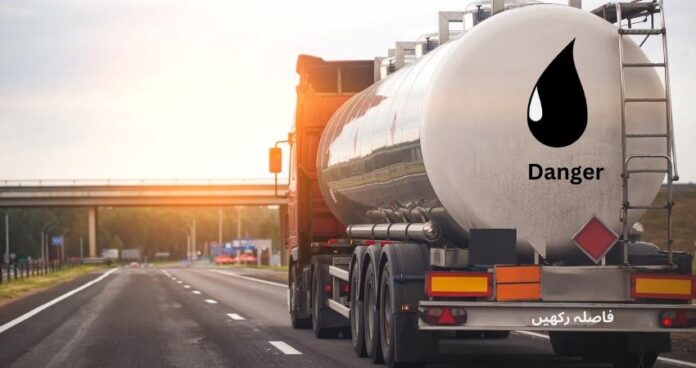ISLAMABAD: Retail fuel prices in Pakistan are likely to increase by around Rs3 per litre after the Sindh government reimposed the 1.8% Sindh Infrastructure Development Cess (SIDC) on petroleum imports — a move that oil companies warn could disrupt supplies and burden consumers.
The Oil Companies Advisory Council (OCAC) said the new levy, enforced through the Sindh Excise and Taxation Department, will immediately raise the landed cost of petrol and high-speed diesel (HSD) while straining importers’ financial capacities.
The imposition of SIDC also revives the controversial requirement for 100% bank guarantees at the time of customs clearance, which the industry said is “unsustainable” given its limited credit lines and regulated margins.
“This cess adds over Rs3 per litre to the product cost and will ultimately burden the general public, as petroleum product prices are federally regulated,” said OCAC Secretary General Syed Nazir Abbas Zaidi in a letter addressed to the Sindh Chief Minister.
The OCAC reported that several petrol and diesel cargoes at Karachi’s ports, including those of Pakistan State Oil (PSO), Hascol Petroleum, and Pakistan GasPort Limited (PGL), are now facing clearance delays due to the new guarantee requirement.
The OCAC warned that such holdups could lead to fuel shortages nationwide, especially during the ongoing agricultural season when demand typically peaks.
The council has urged the Sindh government to suspend the cess and allow customs clearance of petroleum cargoes without bank guarantees to ensure uninterrupted fuel supply. It also called on the Ministry of Energy (Petroleum Division) and the Federal Board of Revenue (FBR) to intervene at the federal level, arguing that petroleum pricing falls under federal jurisdiction and that other provinces, including Punjab and Khyber Pakhtunkhwa, have already exempted petroleum products from similar cesses.
Industry sources estimated that the 1.8% SIDC will not only lift consumer prices by Rs2.5 to Rs3 per litre but may also trigger inflationary pressure across multiple sectors due to higher logistics and industrial fuel costs. “If the issue is not resolved quickly, the supply chain could face a nationwide disruption that may take weeks to recover,” warned one senior energy sector official.
The OCAC further requested that if the levy remains in force, it should be incorporated into the federal pricing formula to allow recovery through regulated adjustments rather than forcing companies to absorb the cost.
It is pertinent to mention that with several cargoes already awaiting clearance at Karachi’s terminals and more vessels en route, the industry fears that the situation could escalate into a full-scale supply bottleneck if the policy is not revised immediately.




